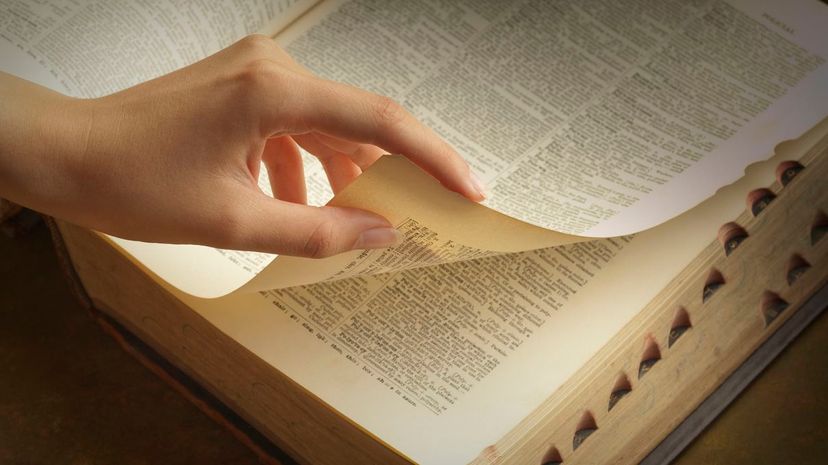
About This Quiz
Words are the fashion of society's language, and they change just as often as actual fashion does. You only need to read a few sentences to guess what century something was written in. Word meanings can stay constant or evolve.
As they say, "there is nothing new under the sun," but that hasn't stopped us from creating new words to describe old things. It's fun to do, and as long as that remains true, there will be an infinite number of words in the world. A lot of words of the 1800s have become obsolete today, but others have become more popular. Some have gained new definitions. Some have been split in half and recombined to create new words. Some have completely disappeared, and some are simply ridiculous. What do you know about words from the 1800s?
The world is filled with gal-sneakers, mutton shunters, daddles, chuckaboos, church-bells and gigglemugs. Some people walk around with door knockers on their face and some people walk around with gas-pipes on their legs. We all get the morbs and do the bear and shoot into the brown, but we probably don't know what those words mean.
What do you know about words from the 1800s? Can you tell us the meanings of these words?

Much like today's "pie hole," "sauce-box" was used in the 1800s to describe a person's mouth. It is not the same as the word "saucebox," which originated hundreds of years earlier and is defined as "one addicted to saucy remarks."
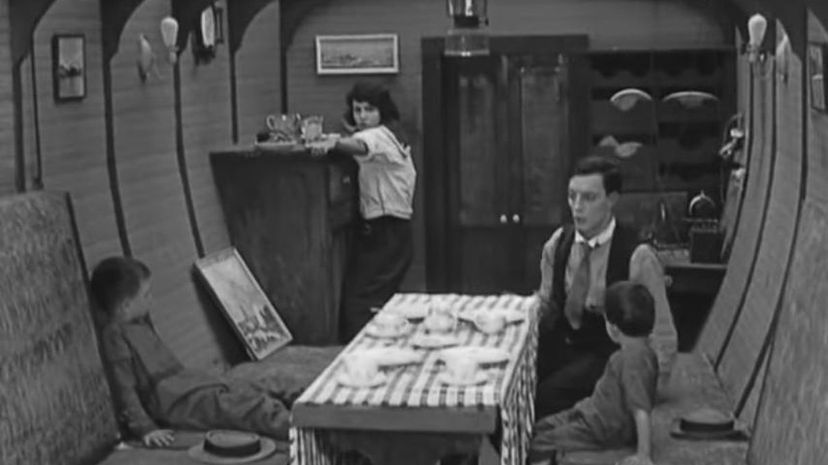
"Damfino" is a shortened version of "damned if I know," and the word is pronounced with a long I. The word became popular in the late 1800s, and by the early 1900s, it made its way into a major Hollywood film — Buster Keaton's "The Boat."
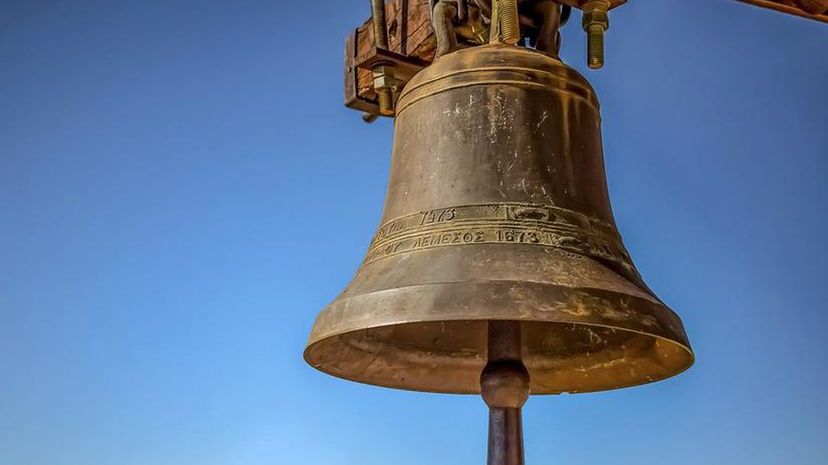
There's an array of words to describe overly talkative people, and "church-bell" was used to specifically describe a talkative woman in rural areas during the 1800s. A "jaw-me-down" was the male equivalent.
Advertisement
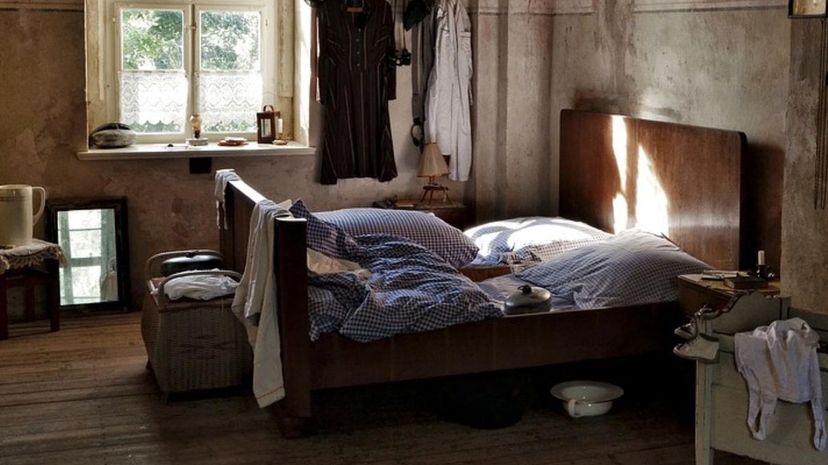
If you've "got the morbs," you're feeling tired and down. It stems from the word "morbid" and became common slang in the late 1800s. It's a temporary state that can be caused by something as simple as eating too much pie at Thanksgiving.
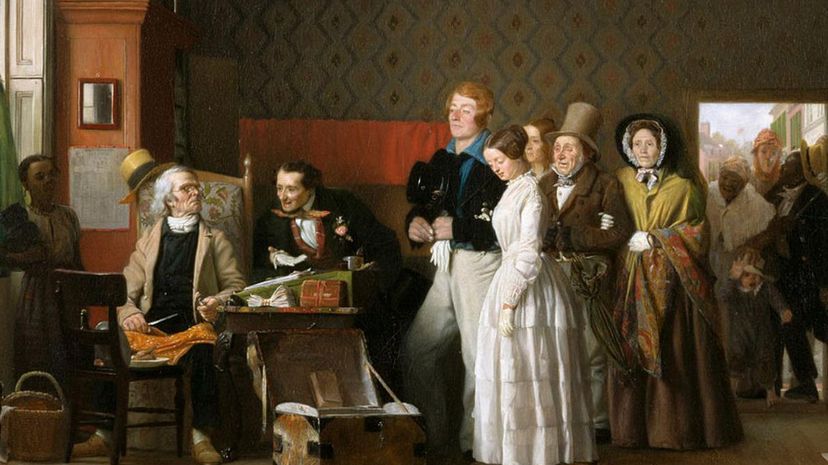
According to "Passing English of the Victorian Era," "doing the bear" describes courtship that involves hugging. The term originated from a Spanish phrase that was popular in Mexico during the time. Today, a strong hug is known as a bear hug.
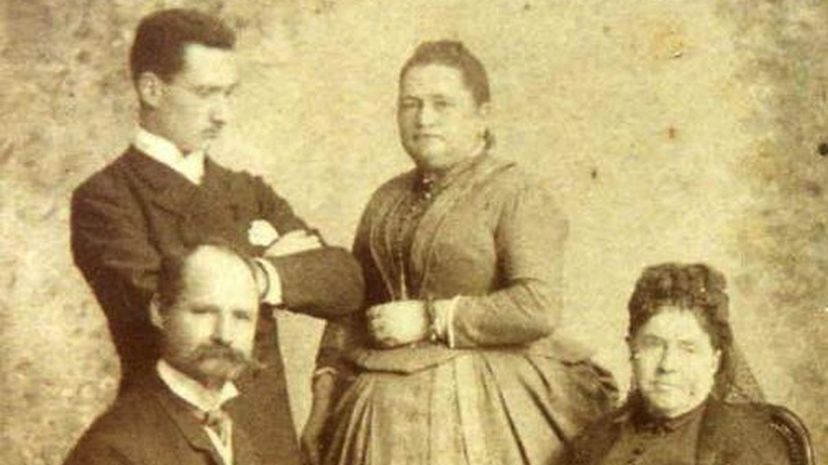
"Dustup" is still used today to describe a small fight or quarrel — it's meant to conjure up the image of dust rising from the floor during a commotion. The phrase first appeared in writing toward the end of the 19th century.
Advertisement

The peak of the California Gold Rush came in 1849, when everybody who was brave enough to venture west for gold did so. They came to be known as "forty-niners," and today forty-niners are honored all over California. Must have been nice to be a forty-eighter.

In the early 19th century, the word "townie" became a popular way to define a permanent resident of a college town, especially in schools that are today's Ivy League colleges. Those townies probably crashed a lot of parties.
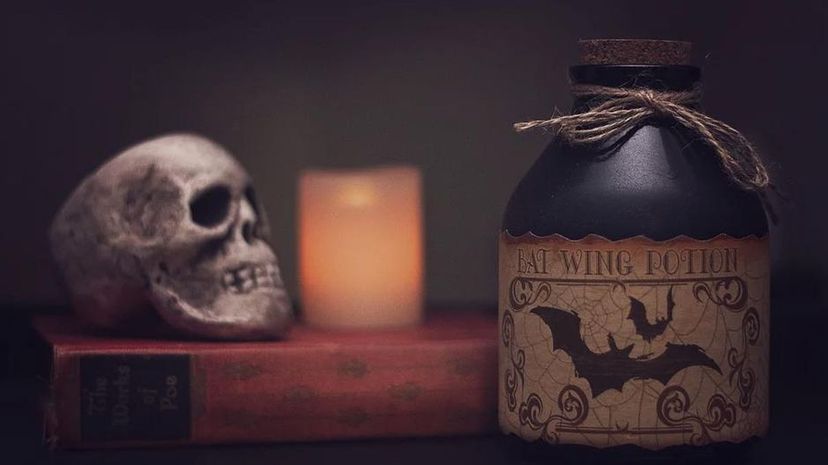
Many snakes are ambush hunters. They sit motionless and unnoticed until they're disturbed, so stepping in the wrong place at the wrong time can turn dangerous very quickly. This is where the phrase comes from.
Advertisement

Canal Street in downtown New York City is notorious these days for rampant shoddyocracy. Everything from fake Gucci and Prada to Rolex and Hublot is casually sold in the area, and some people make a lot of money from the knockoff items. Let's build a bargainocracy instead.
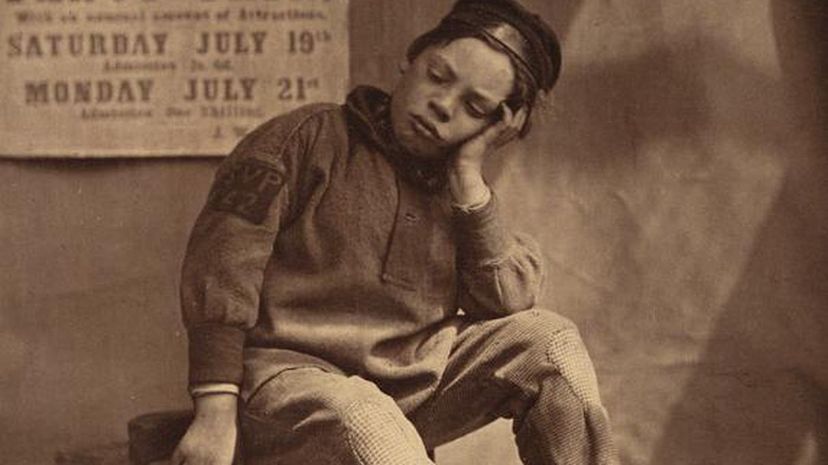
To "tell a thumper" meant to tell a clever lie, as opposed to a stupid lie. A real whopper was a "double-thumper." The word "thump" on its own has a completely different meaning, of course.
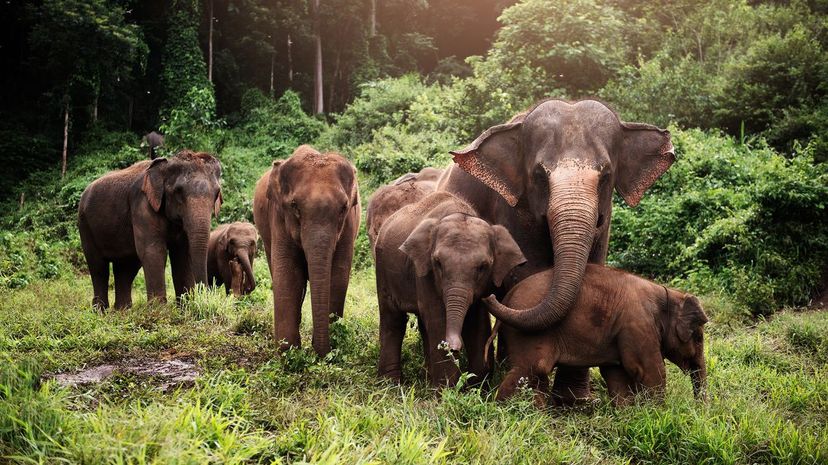
To "see the elephant" is an idiom that has taken on a few different meanings over time. In the military world, it means to experience war; in the civilian world, it means to experience all the world has to offer, both good and bad. It can also mean to explore all the sights of a big city.
Advertisement
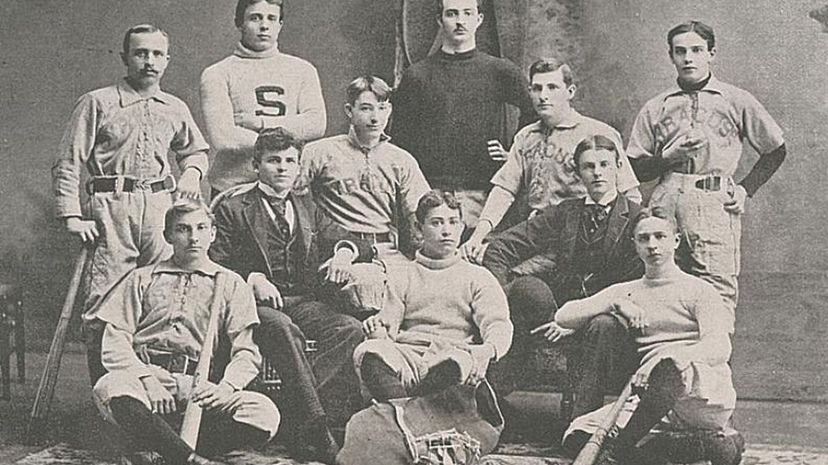
To get "Chicagoed" means to get badly beaten. Chicago was known as the epicenter of crime during Prohibition, but this term actually stems from Chicago's baseball team of the mid-1800s. The team was so good they regularly shut out other teams.
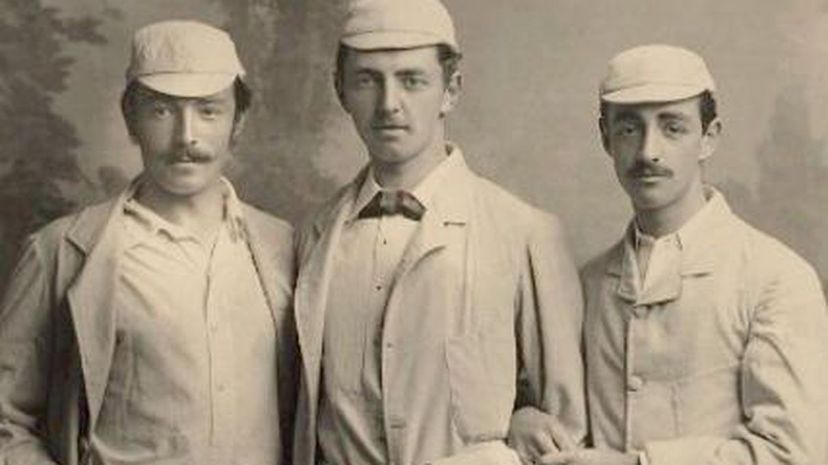
"Passing English of the Victorian Era" says the word "chuckaboo" has no deep meaning and is just "a name given familiarly to a favorite chum." Best friends have been given countless nicknames over the centuries.
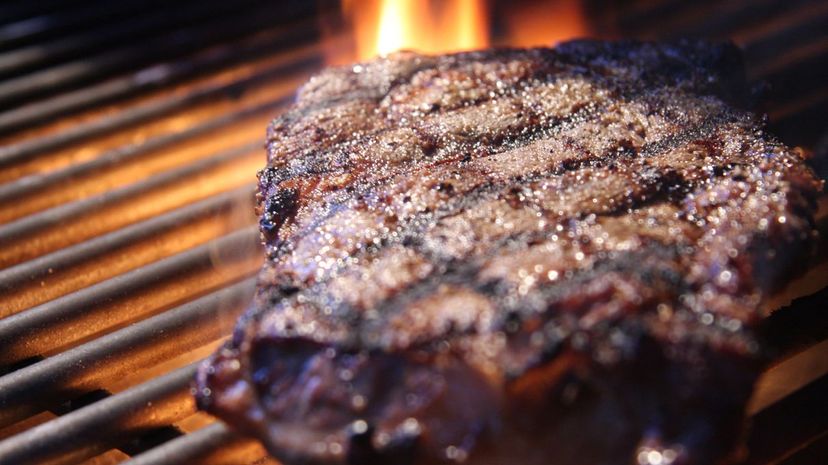
According to the "1811 Dictionary of Vulgar Tongue," "bow-wow mutton" means "dog's flesh." It describes meat that looks unfit for human consumption, and the phrase "bow-wow" was also a vulgar term used to define a man from Boston.
Advertisement
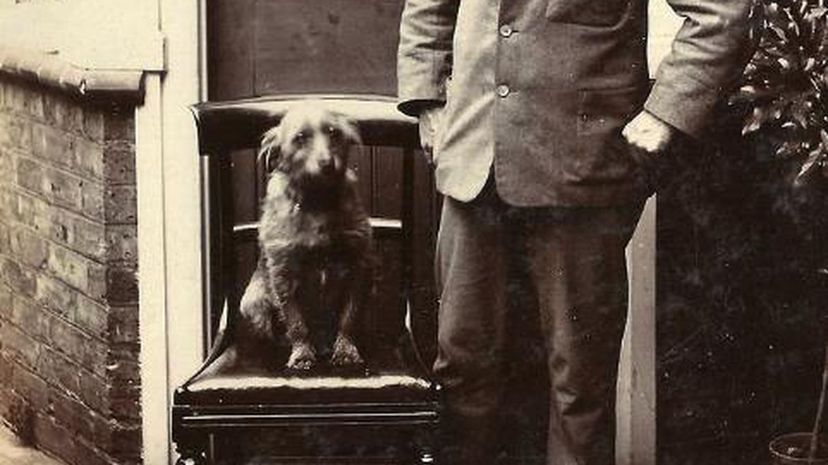
Up until the last quarter of the 1800s, this phrase was pretty popular. Apparently people who sold dogs in the 1800s were known to lie and try to sell mutts as purebreds. From that practice came this phrase.

A dying duck doesn't care about sitting in a thunderstorm, and this phrase describes an uncaring or lackadaisical person. The phrase can be used in a flattering and unflattering way, depending on the circumstances.

The word "mutton" means sheep, and sheep have often been seen as slow-witted animals, regularly outsmarted by wolves and foxes. Sheep aren't as dumb as most people assume, but "muttonhead" is still used to describe a dim-witted person.
Advertisement
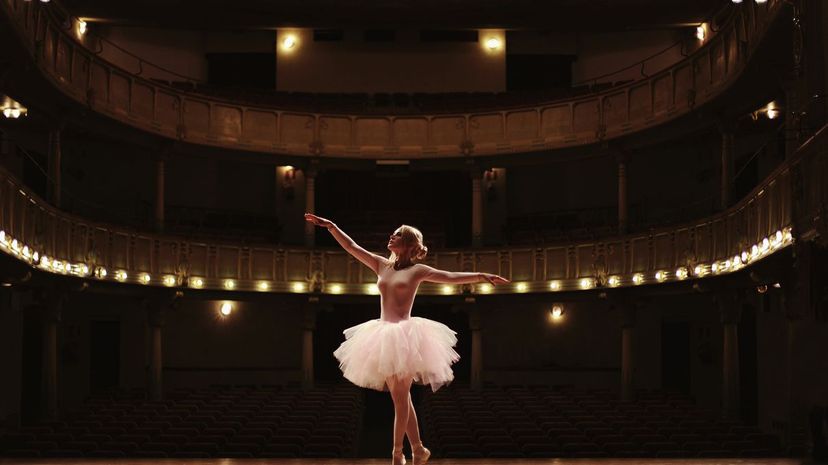
"Fried carpet" was a term specifically used to describe the short ballet skirt worn by a ballerina at the theater in London during the late 1800s. Today such skirts are known as tutus, and they still look like fried carpets. The term originated at the Old Gaiety theater.

Whose horn got swoggled? "Hornswoggle" is an early 19th-century verb that means to cheat, deceive or manipulate someone. Someone who has been hornswoggled has been cheated or swindled.
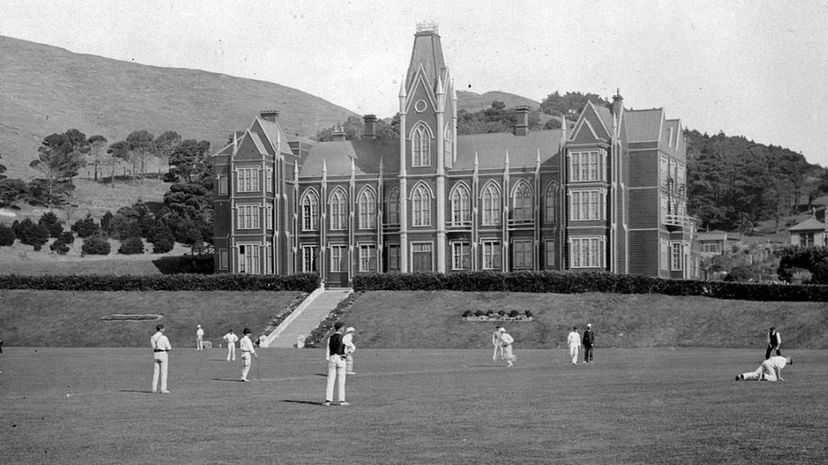
Legend has it this term stems from a cricket player who created fear and panic as a strategy to defeat his opponents. The word "funk" originated a century earlier, and today the word describes a state of depression.
Advertisement

"Scadoodles" is a word to try out next time you have an abundance of something. It's probably a combo of "scads" and "oodles," both of which mean the same thing. These slang words became common in the latter half of the century.
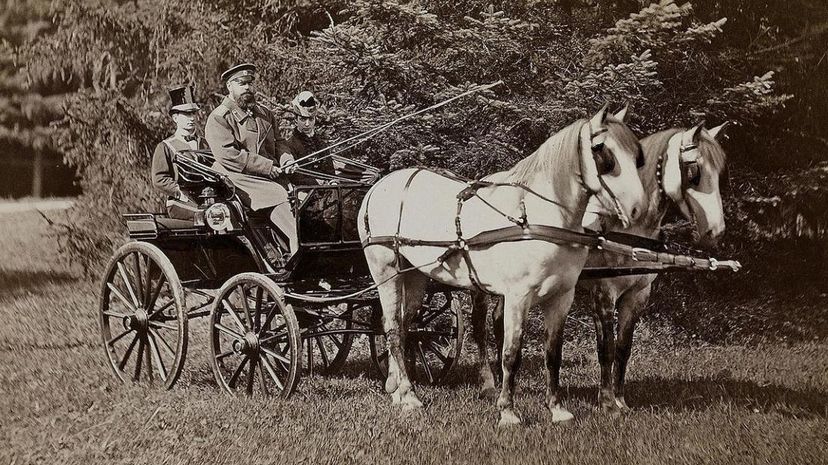
"Skedaddle" is similar to "scadoodle," and both words became common slang around the same time, but skedaddle is still commonly understood today. Legend has it the word began as military slang during the Civil War.
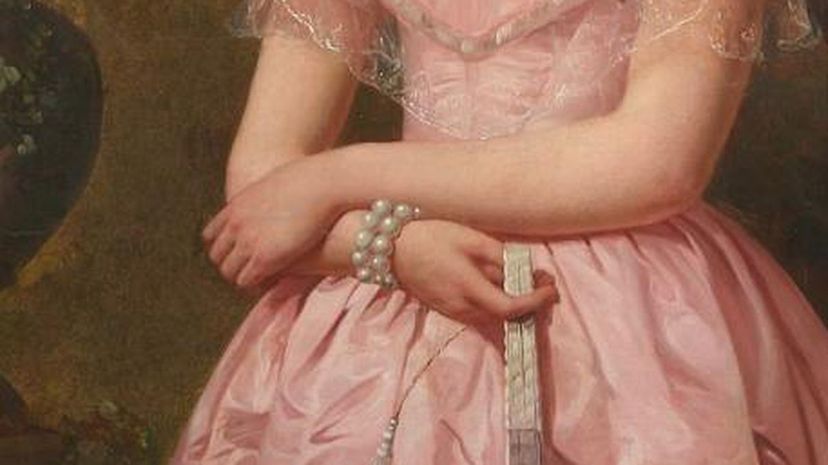
The word "daddle" has taken on many meanings over the years, including a variation of "dawdle," as in to walk slowly, but in Victorian slang the word referred to a person's hands. To "tip your daddle" meant to give your hand.
Advertisement

The word "chit" has been used as a derogatory term since at least the 1700s, and by the 1800s, it was combined with "farthing-faced" to create this epic diss. It's pronounced with a hard CH, and today "chit" means a short note regarding a debt.
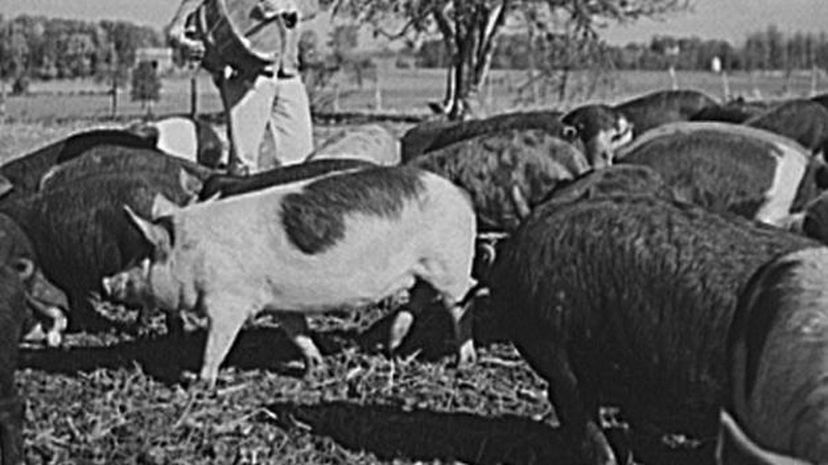
"Whole hog" is a phrase that means "the entire thing." Perhaps a diner once proclaimed he ate the whole hog when he was asked what he had for dinner. If you go whole hog, you hold nothing back.

"Afternoonified" was common Victorian slang, used to describe something that is smart or cultured. Afternoon tea originated in Britain during the Victorian era, and it was quite the afternoonified affair.
Advertisement
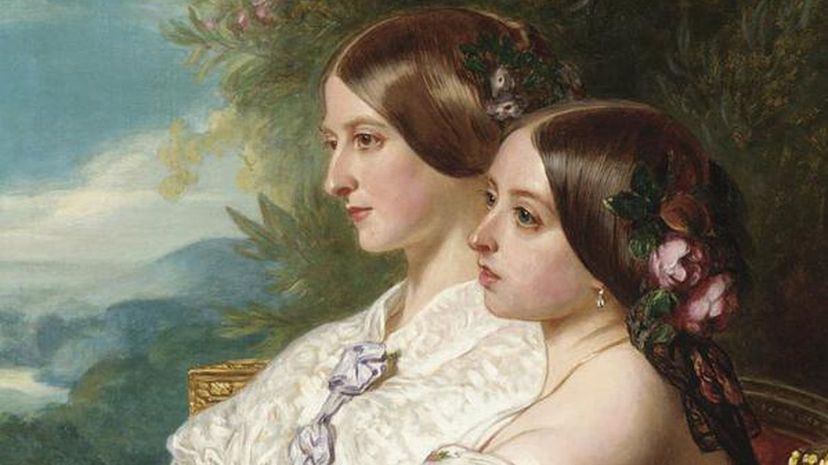
To "fake a picture" means to manipulate someone's perception of you using unconventional means. Everybody from car salesmen to job applicants is known to fake a picture from time to time. The phrase became common in the 1860s but isn't in much use today.
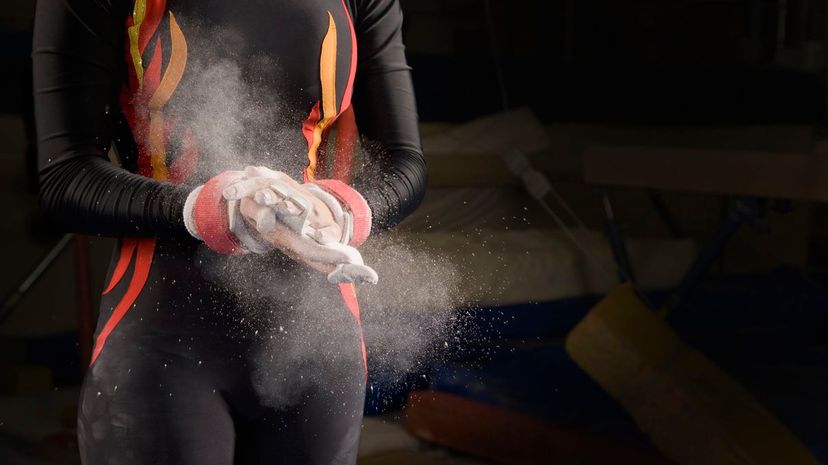
P.T. Barnum is known for revolutionizing circus entertainment, and he is also known for his freak shows, or "freakeries." Two of Barnum's most famous stars were the four-legged woman and a lady who claimed to be 161 years old.
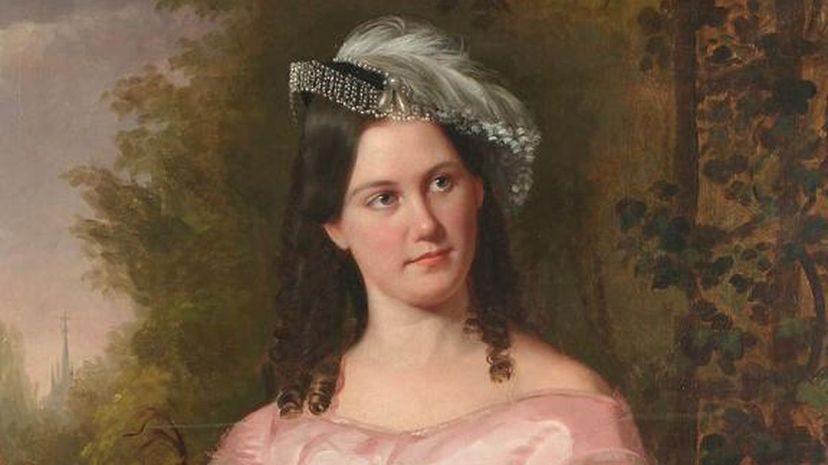
The popular brain teaser game called 15 Puzzle was created in the late 1800s, but before that, the phrase "fifteen puzzled" was used to describe a state of absolute confusion. The puzzle game was invented in Upstate New York.
Advertisement
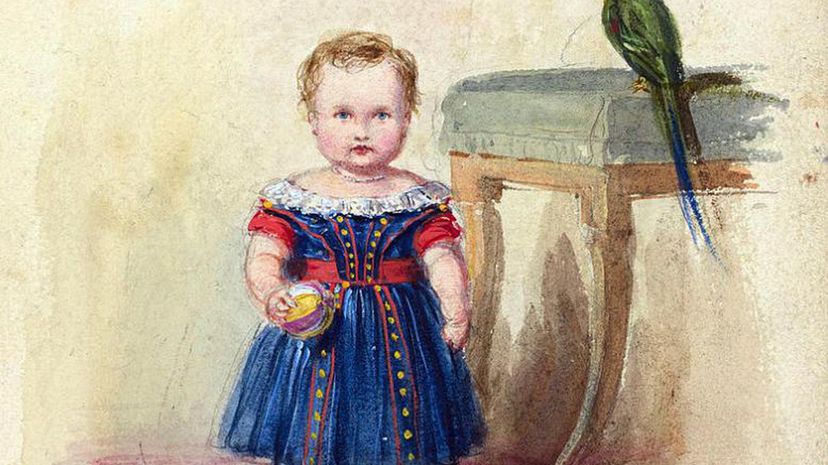
"Mollycoddle" became common slang in the first half of the 1800s. It's a verb that means to overly pamper or spoil someone. It comes from the pet name for Mary, "Molly," and "coddle," which means to handle tenderly.

A champion horse today may also be known as a "four-legged fortune," but the term originated in the late 19th century. Horse racing dates back in America all the way to the 1600s, but it wasn't until after the Civil War that it became officially organized.

Every gentleman knows its impolite to viciously beat someone while still wearing a coat, and someone who refuses to take their coat off is refusing to fight, making them a coward. This phrase was common street slang of the time.
Advertisement
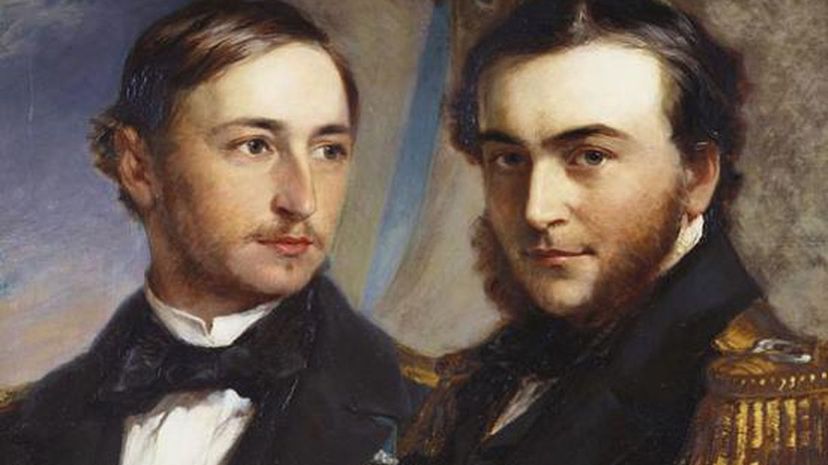
"Gigglemug" is 1800s Victorian slang for a "habitually smiling face." Today the word "mug" has many meanings, but in American slang, it means a person's face, as in a mugshot. The word "mug" by itself isn't commonly used today.
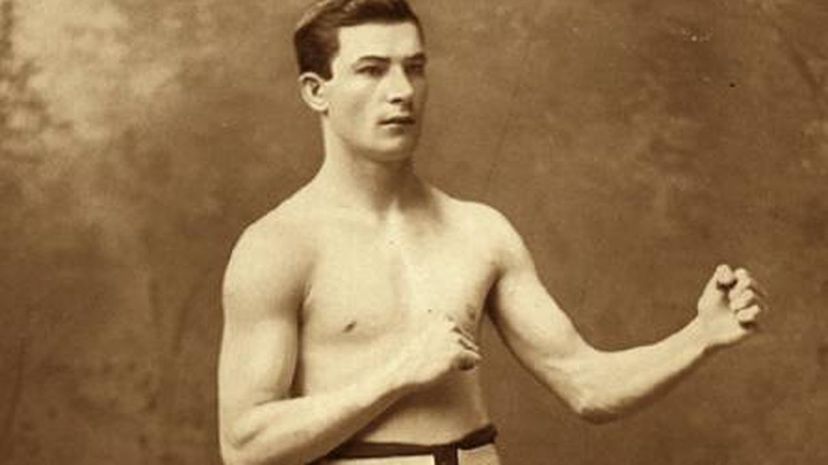
Mafficking was a slang word that meant "street rowdyism." The word "Maffick" came from "Mafeking Night," a British celebration involving the South African War in 1900.